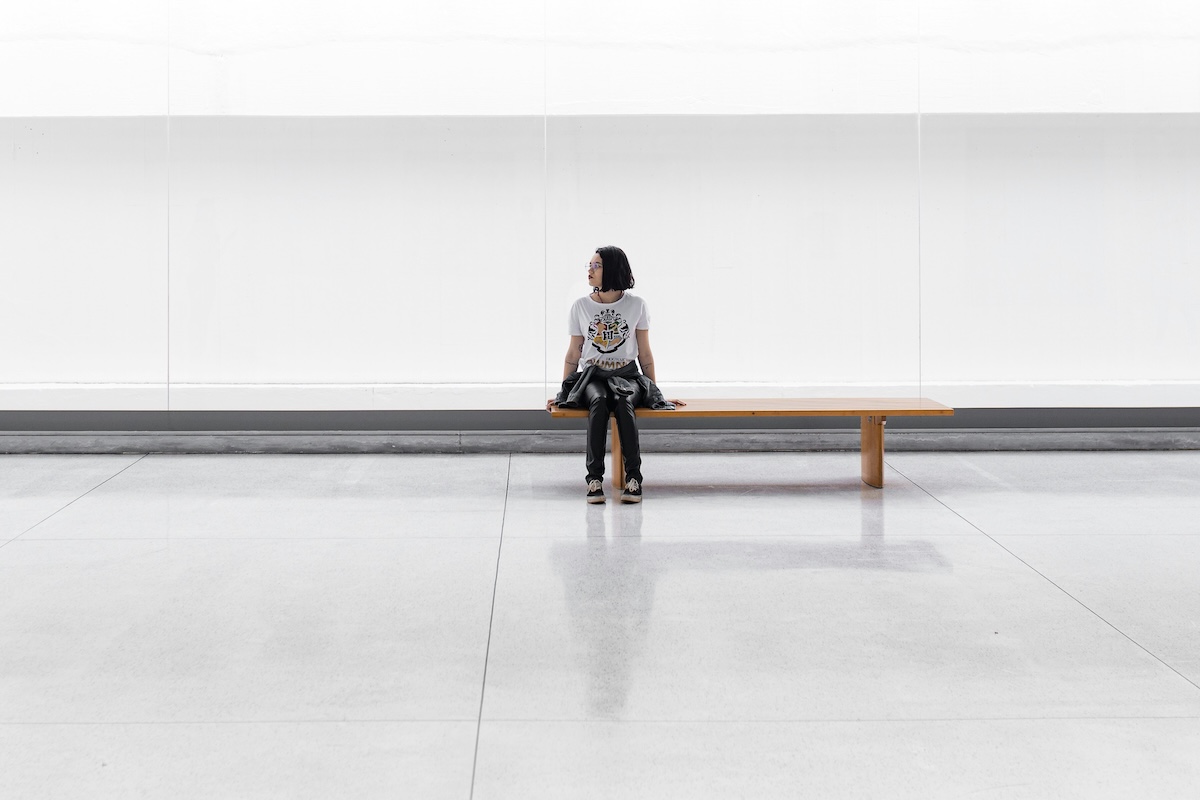

Why are the Treasurer and the RBA continuing to punish young homeowners (many with young children) who borrow to own a home? Isn’t it time to try other policies to beat inflation, like less government spending?
With the RBA Governor Michele Bullock basically confirming there will be no more interest rate cuts this year and we might be lucky to get one by mid-2026, the eyes are turning to Treasurer Jim Chalmers. And the economic message is “no more Mr Nice Guy, Jim!”
Of course, the Treasurer has to deal with the political messaging of toughening up and tightening up on his past generous handouts that helped win this year’s election. If he doesn’t man up, higher-than-wanted inflation could persist, rate cuts will be over and talk of rate rises will become louder. And that’s when the electorate will start saying: “Not happy Jim. Not happy!”
The Australian’s economics correspondent Matt Cranston has looked at the pressure mounting on the Treasurer to help the RBA get inflation down to permit more rate cuts. Here are the main points:
1. The RBA thinks inflation will be too high until mid-2026.
2. December should see a fall in inflation but not enough to put rate cuts back on the table.
3. This means real wages (i.e. what our pay buys, which is important to voters) will fall.
4. The RBA says the higher inflation is due to higher housing costs and government spending on social services, which is where Mr Nice Guy Chalmers has a problem.
5. The Government’s housing policies and NDIS are seen as negatives for beating inflation.
Cranston underlined the point that “Anthony Albanese and the Treasurer have repeatedly nominated real wages growth as a signature achievement of their time in government, but
economists now warn that may need to be sacrificed if there is to be any hope of mortgage relief next year.”
For a guy who has seemed proud of his economic literacy and grasp on the reality of an economy, his retort to criticisms about his inflation record recently wasn’t impressive.
Arguing as he did that inflation was still lower than it was during the Covid-19 pandemic (four years ago) was beneath him.
The inflation created during Covid was caused by both cost-push forces (as the world’s supply chain was squeezed) because of the lockdown strategy to beat the pandemic. Sure, all governments pumped up spending to avoid a Great Depression. Combined with near zero interest rates, the seeds for high inflation were sown.
Also, Jim left out that home loan interest rates then were spectacularly lower when inflation was much higher during Covid.
While the PM and the Treasurer have chosen not to play hardball on spending and taxes in the budget, in those countries where there was more restraint on government spending and the central bank raised interest rates higher, inflation has fallen. Although in contrast, unemployment has gone higher than the 4.5% we have here.
In a sense, in trying to please too many voters, Jim, you’ve ended up with a less pleasing result on inflation. Being ‘nice’ could go against you when you eventually run to replace Albo when he retires.
By the way, for those needing another interest rate cut, Cranston reports that economist Chris Richardson, who’s a pretty good caller, said he was “holding out for another rate cut because the outlook for wages was weakening.”
One last thing, while low unemployment has been the plus from the policies of the RBA and the Albanese government, the price paid is higher inflation and fewer rate cuts.
History says that Jim has to tighten up and toughen up if he wants to be remembered as a great Treasurer, worthy of being a Prime Minister.
Given this, there might be some sound advice in the Ricky Nelson song Garden Party composed after he was booed at a 1971 concert at New York's Madison Square Garden for performing newer songs instead of his old hits that pleased his followers:
“And it's, all right now
Learned my lesson well
You see, you can't please everyone
So you got to please yourself.”